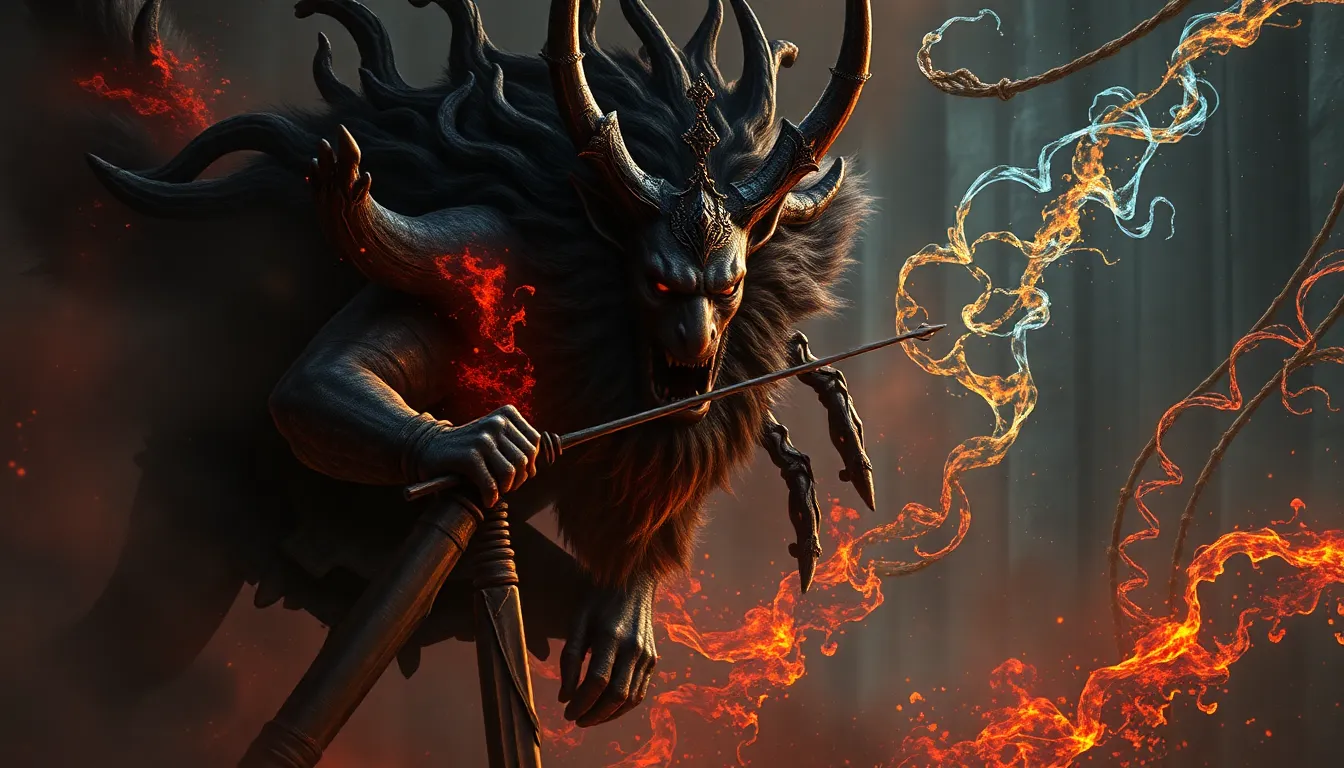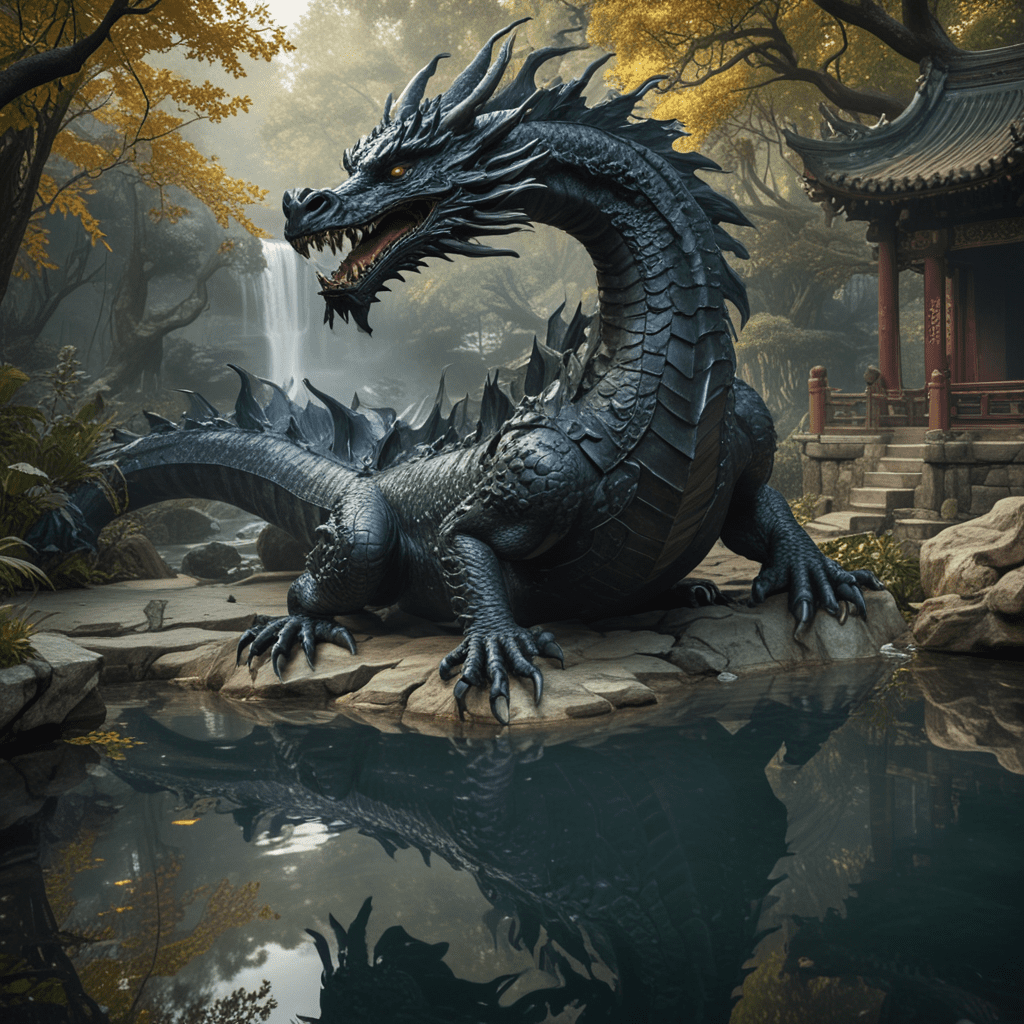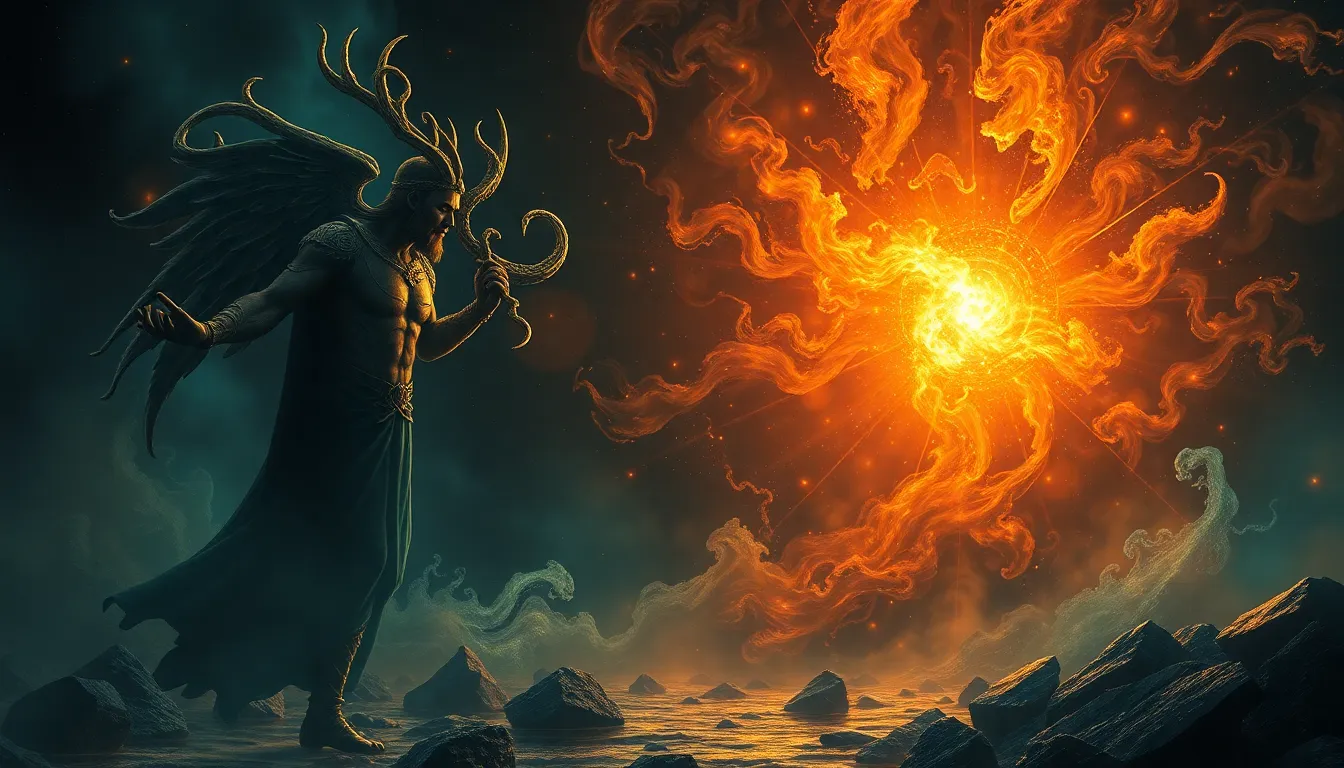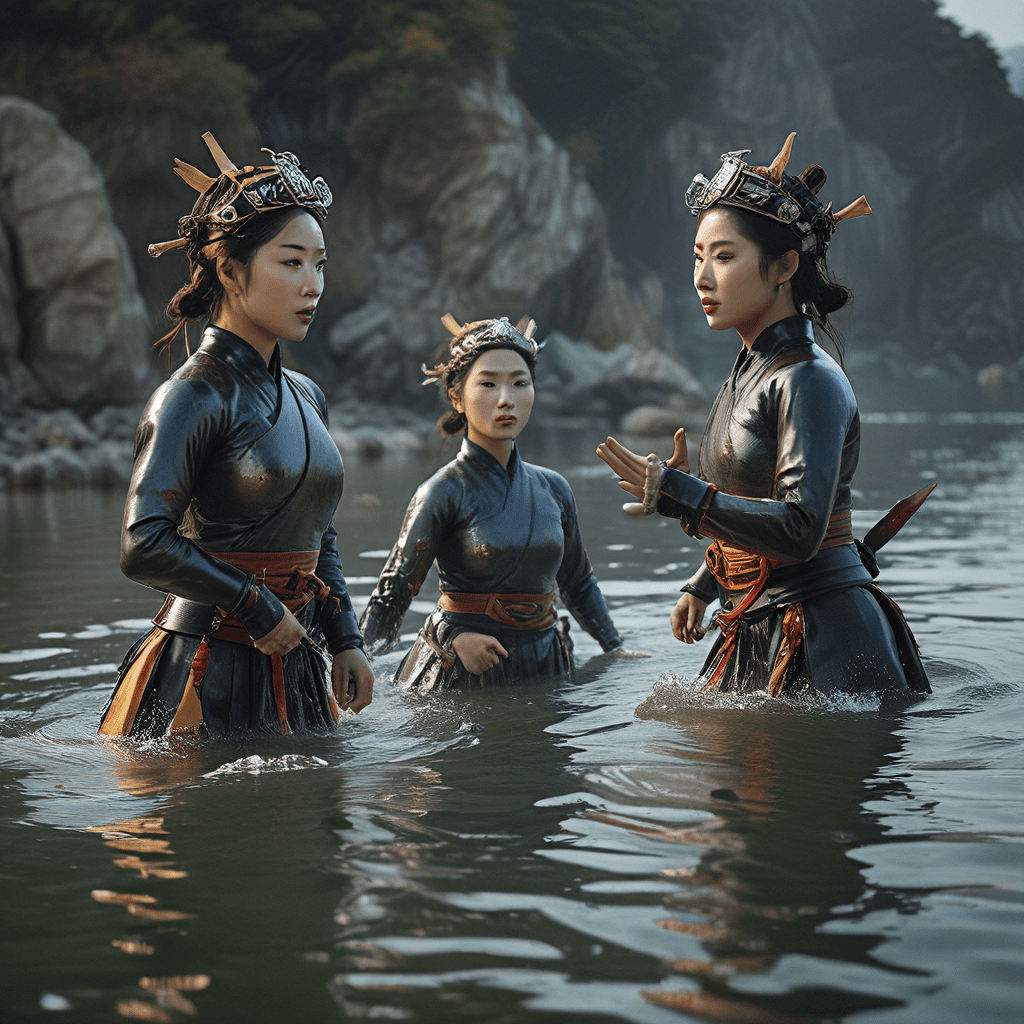Cultural Hero Myths: The Legends That Shaped Our Beliefs
Introduction to Cultural Hero Myths
Cultural hero myths are foundational narratives that embody the ideals, values, and beliefs of a society. These myths often feature extraordinary individuals who undertake remarkable journeys, face formidable challenges, and emerge transformed. Through their stories, they illustrate essential moral lessons and cultural norms, serving as a compass for societal behavior.
The importance of hero myths lies in their ability to shape cultural beliefs and values by providing models of virtue, courage, and resilience. They offer a shared language for communities to express their aspirations and fears. This article will explore the origins of hero myths, their characteristics, cultural significance, evolution in modern society, gender representation, psychological impact, critiques, and global perspectives.
The Origins of Hero Myths: A Historical Perspective
Hero myths can be traced back to ancient civilizations, where they were integral to cultural identity. In Mesopotamia, the Epic of Gilgamesh tells the story of a king who embarks on a quest for immortality, reflecting human concerns about life and death. Ancient Greek myths, such as those of Hercules and Odysseus, highlight themes of bravery and cunning in the face of adversity.
In India, the Mahabharata and Ramayana illustrate complex hero figures like Arjuna and Rama, who navigate moral dilemmas in their quests for justice and righteousness. These narratives were often preserved through oral traditions, passed down through generations, allowing communities to maintain their cultural heritage.
Across various cultures, hero myths share common elements, such as the hero’s journey, which often involves a departure, initiation, and return. Despite differing contexts, these myths reflect universal human experiences and values, showcasing the interconnectedness of cultures.
The Archetype of the Hero: Common Characteristics
Hero myths are characterized by several common traits, including:
- Courage: Heroes often face overwhelming odds, yet they persevere.
- Sacrifice: Many heroes are willing to give up their own needs for the greater good.
- Morality: Heroes typically embody ethical principles and serve as moral beacons for others.
Joseph Campbell’s concept of the Hero’s Journey provides a framework for understanding the common narrative structure of hero myths. This framework includes stages such as the call to adventure, crossing the threshold, facing trials, and achieving transformation. Examples of archetypal heroes from various cultures include:
- King Arthur from British mythology.
- Hercules from Greek mythology.
- Mulan from Chinese folklore.
Cultural Significance of Hero Myths
Hero myths play a crucial role in reflecting societal values and norms. They illustrate ideals such as bravery, loyalty, and justice, reinforcing what a culture holds dear. The stories of heroes often serve to unify communities, creating a shared identity and purpose.
For instance, the story of Robin Hood, who steals from the rich to give to the poor, has influenced social justice movements by embodying the struggle against inequality. Similarly, the heroism portrayed in Nelson Mandela’s life has inspired countless individuals in their fight for equality and human rights.
The Evolution of Hero Myths in Modern Society
As societies evolve, so too do their hero myths. Contemporary interpretations have shifted from traditional figures to modern superheroes, reflecting current societal concerns. Characters like Superman and Wonder Woman represent ideals of justice and resilience in today’s complex world.
Media and technology have played a significant role in reshaping hero narratives. The rise of comic books, movies, and television series has introduced a new generation to these heroes, often blending traditional characteristics with modern dilemmas. For example, the Marvel Cinematic Universe explores themes of responsibility and sacrifice through characters who face personal and global challenges.
Hero Myths and Gender Representation
Gender representation in hero myths has historically leaned towards male protagonists. Male heroes often dominate narratives, showcasing traditional notions of strength and bravery. However, the portrayal of female heroes has evolved significantly.
In earlier myths, female figures were often relegated to supporting roles or depicted as passive. Yet, contemporary retellings have begun to highlight female heroes such as Wonder Woman and Katniss Everdeen. These characters not only challenge traditional gender roles but also embody strength, intelligence, and resilience.
The impact of gender representation in hero myths is profound, influencing contemporary beliefs and values about gender roles and equality.
The Psychological Impact of Hero Myths
Hero myths hold significant psychological weight, both for individuals and communities. They inspire personal growth and resilience by providing models of overcoming adversity. The narratives encourage individuals to confront their own challenges and aspire to greater ideals.
Moreover, hero myths can have therapeutic potential. Storytelling allows individuals to process their experiences through the lens of hero narratives, fostering healing and understanding. This narrative therapy can help people find meaning in their struggles and encourage them to become their own heroes.
Critiques and Controversies Surrounding Hero Myths
While hero myths often serve as sources of inspiration, they are not without their critiques. Some narratives glorify violence and perpetuate flawed ideals of heroism. The romanticization of violent heroes can lead to problematic interpretations of what it means to be a hero.
Contemporary critiques focus on the relevance of traditional hero myths in today’s world. Postmodernism has played a significant role in deconstructing these myths, questioning their validity and exploring the complexities of heroism. This critical lens allows for a more nuanced understanding of hero narratives and their implications.
Global Perspectives on Hero Myths
Hero myths exist across cultures, each offering unique insights into human experience. Native American myths often emphasize harmony with nature, while African hero myths celebrate community and wisdom. Asian myths, such as those from Japan and India, frequently explore themes of duty and honor.
Globalization has led to an exchange and adaptation of these narratives, allowing for a richer tapestry of hero myths. As cultures interact, they influence one another, creating hybrid heroes that resonate with diverse audiences. This cross-cultural exchange enriches our understanding of heroism and the human condition.
Conclusion
Cultural hero myths are more than mere stories; they are vital narratives that shape our beliefs and values. By examining their origins, characteristics, cultural significance, evolution, gender representation, psychological impact, critiques, and global perspectives, we gain insights into the human experience. These myths continue to inspire and resonate across generations, reminding us of the timeless quest for courage, justice, and identity.




